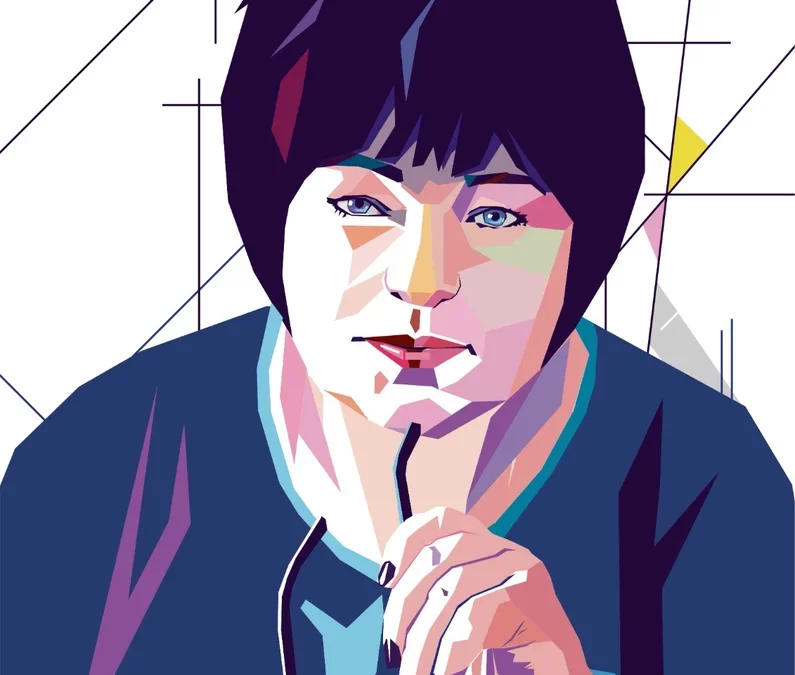Can you share the kinds of threats and attacks you have experienced as a result of your work on business and human rights? How were companies involved in this?
Of course, they are directly involved. It is easy to fabricate a case against any person. There will always be witnesses who have seen, heard and can write a statement and give false information. Nobody will investigate into this false information, even if you have thousands of witnesses who say otherwise. You certainly know how it happens, how all these cases are cooked up.
What has been the response of other NGOs to the attacks you have been experiencing? How about the general public? The international community, including buyers from and investors?
NGOs reacted violently and, thanks to their reaction, they (ArcelorMittal) have withdrawn the civil suit in the case against Shakhterskaya Semya. They were forced to withdraw their lawsuit, because, basically, it was impossible to prove that I was the organizer.
I was offered assistance from international organizations, including legal assistance, but I did not accept it, because here in Kazakhstan there were enough associations that stood up. Our (Kazakhstani organizations) came to the trials, covered them; that is why I accepted their help. I am very grateful for their help.
Are businesses cooperating with civil society when concerns are raised about their operations? Can you share some positive examples, if there are any?Yes, they cooperate, but only with those that they themselves choose and who are loyal to them. They invite them to conferences, round tables. For those with whom they do not want to communicate and collaborate, the access is denied under various excuses.
They’ve collaborated with us, with Shakhterskaya Semya NGO, only under forced circumstances. There was an occasion when I was invited to London for the EBRD reporting conference. There, enterprises were reporting on their projects, for which they’ve received money from the EBRD. There were participants from many countries. ArcelorMittal JSC reported, and I was also given the floor. I presented the data provided by the miners: lack of water, tools, etc. And after my report, they became interested and then, when ArcelorMittal JSC had reporting conferences, I was also invited. Since I have always presented facts that do not correspond to their optimistic reports, this practice was later stopped and I was no longer invited .The companies publicly declare that they cooperate with civil society, but from our own experience we know that when you go to their head office in Temirtau, they would not let you in. It is a restricted area, it is impossible to get in there easily.
I had to constantly prove that I am the employee’s representative. The procedure is being carried out incorrectly on the part of the mines, although they know about our public association and are obliged to communicate directly with us. There is an unspoken order not to let me into any mines. Strictly. If I go to one of the mines, then everyone is already phoning, notifying about it. They are not allowed – under the threat of dismissal – to let me in, and especially into the Lenin mine. Probably, it is due to personal enmity. But we have support from employees of all mines.



Recent Comments